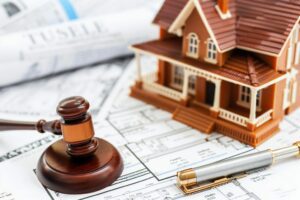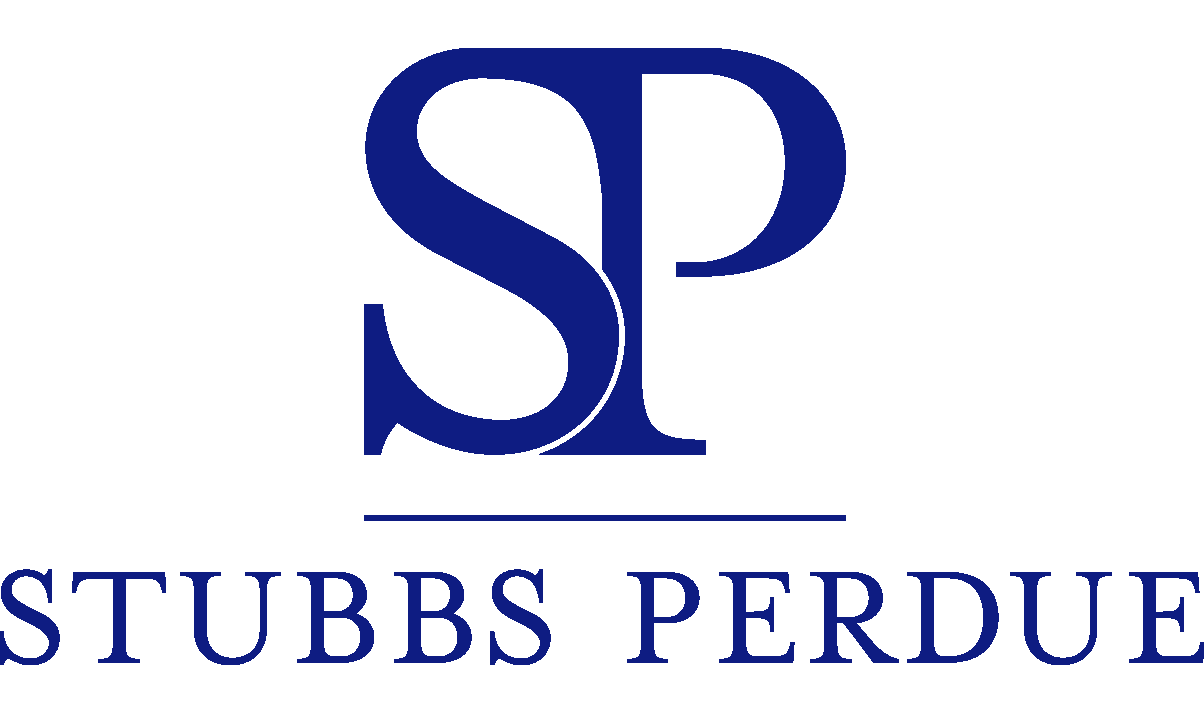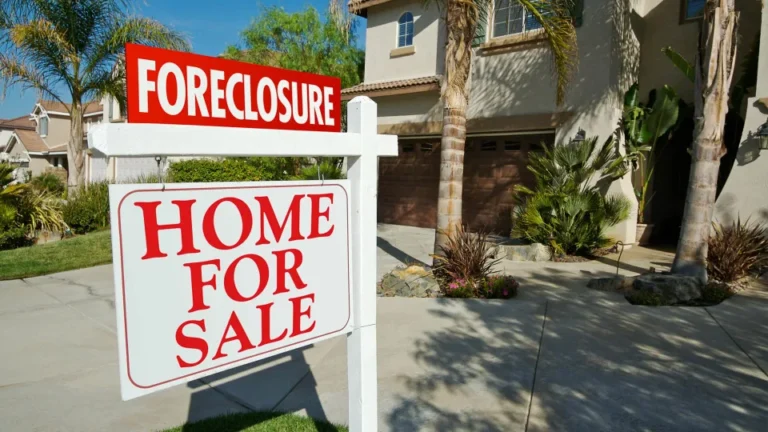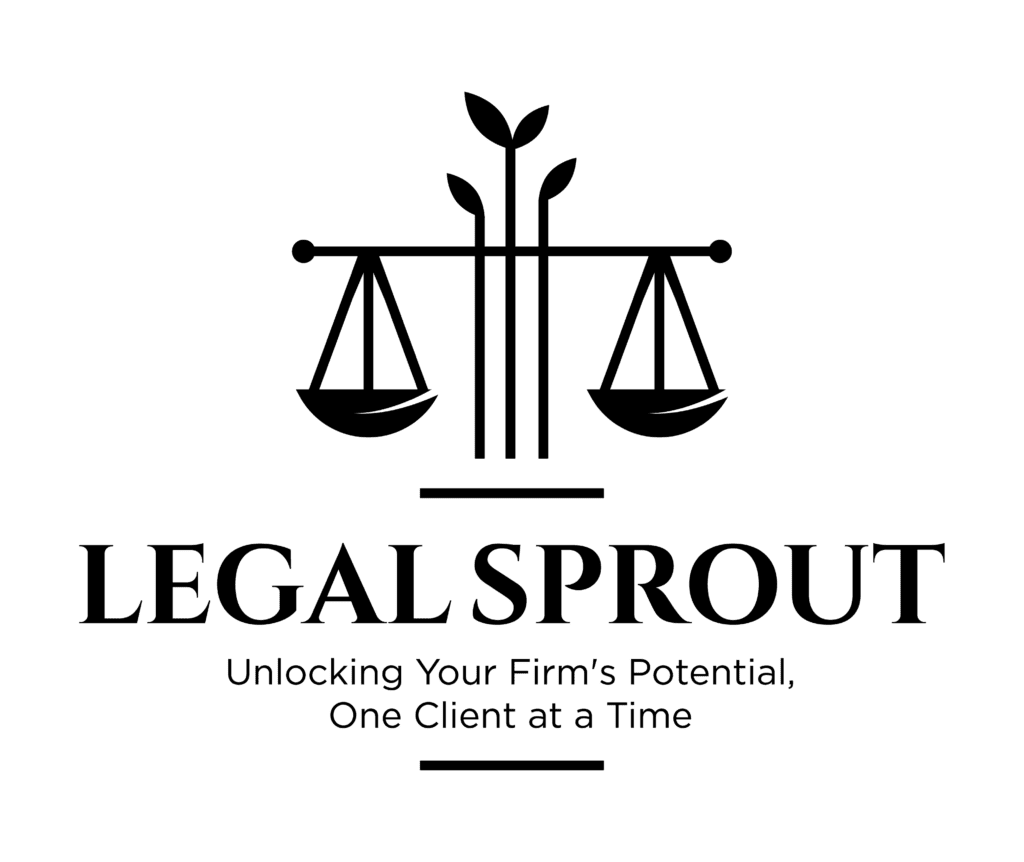Inflation, change in income, major life events—these are all things that could put you behind on your mortgage payments, and lead you to foreclosure, but foreclosure is not inevitable. If you act quickly, you can explore solutions to protect your home and avoid the legal and financial consequences of foreclosure. Many homeowners in New Bern, Wilmington, and other parts of Eastern North Carolina face similar challenges. This guide will help you identify early warning signs, solutions, and ways to take action.
If you’ve missed a mortgage payment or are struggling to stay current, you’re not alone. Many people in North Carolina—especially small business owners, military families, and retirees—face challenges like income disruptions, medical bills, or unexpected life events that make it hard to keep up with payments. The good news is that there are legal options available to help you protect your home, but timing is critical.
Disclaimer: This article is for informational purposes only and does not constitute legal advice. Please consult an attorney for advice tailored to your specific situation.

Recognizing Early Signs That Foreclosure May Be on the Horizon
Missed or Partial Payments
If you’ve missed one or more mortgage payments or can only afford partial payments, it’s time to seek help. Falling behind can trigger penalties and lender notices, making it harder to catch up. Even a single missed payment may impact your ability to negotiate with your lender.
Receiving Late Payment Notices or Default Warnings
Lenders usually send notices as soon as payments are missed. Ignoring these notices can lead to further action, including foreclosure filings. Early communication with your lender or a legal professional can open doors to modification programs or other solutions.
Temporary Income Loss or Increased Expenses
Many homeowners experience financial strain due to job loss, medical expenses, or other life changes. If you’ve lost part of your income or your bills have increased, it may be time to explore legal options before defaulting on your mortgage.
Credit Card Debt or Personal Loans Are Propping Up Your Mortgage Payments
Using credit cards or personal loans to cover mortgage payments can signal unsustainable debt. This strategy often leads to more financial stress, as credit balances grow with high-interest rates, making it harder to catch up.
Options to Avoid Foreclosure
1. Loan Modification
A loan modification changes the terms of your mortgage to make your payments more manageable. Your lender may reduce your interest rate, extend the loan term, or adjust the principal balance to lower your monthly payment.
2. Repayment Plan or Reinstatement
A repayment plan allows you to catch up on missed payments over time by adding them to your regular monthly payments. If you have the means to bring your loan current, reinstatement involves paying the full amount owed, including interest and penalties, to stop foreclosure proceedings.
3. Forbearance Agreement
A forbearance temporarily pauses or reduces your payments to give you time to recover financially. At the end of the forbearance period, you’ll need to resume payments and address any missed amounts through a repayment plan or modification.
4. Filing for Bankruptcy to Stop Foreclosure
Bankruptcy is a powerful legal tool that can immediately halt foreclosure proceedings through an automatic stay. This stay prevents creditors from taking any further action to collect on debts, including foreclosure, giving you time to reorganize your finances.
Chapter 7 Bankruptcy: Discharge Unsecured Debts
- Best suited for individuals with limited income and primarily unsecured debts, such as credit cards or medical bills.
- While Chapter 7 doesn’t stop foreclosure permanently, discharging unsecured debts may free up enough income to catch up on mortgage payments.
Chapter 13 Bankruptcy: Repayment Plan to Keep Your Home
- Allows you to reorganize your debts into a manageable repayment plan over 3-5 years.
- Stops foreclosure through the automatic stay and provides time to catch up on missed payments without losing your home.
5. Automatic Stay: Immediate Protection from Creditors
When you file for bankruptcy, an automatic stay goes into effect immediately, preventing your lender from continuing foreclosure proceedings, garnishing wages, or repossessing property. This stay gives you time to explore long-term solutions, such as loan modifications or a repayment plan through Chapter 13 bankruptcy.
Legal Solutions to Protect Your Home
Chapter 13 Bankruptcy: A Path to Catch Up on Payments
Chapter 13 bankruptcy allows you to restructure your debts into a manageable payment plan over 3-5 years. During this time, you can make up missed mortgage payments while keeping your home. Filing for Chapter 13 also triggers an automatic stay, which immediately halts foreclosure proceedings.
Chapter 7 Bankruptcy: Discharge Unsecured Debts
If your mortgage payments are unaffordable because of other debts like credit cards or medical bills, Chapter 7 bankruptcy may help. While Chapter 7 doesn’t directly stop foreclosure, discharging unsecured debts may free up enough income to manage your mortgage.
Why Timing Matters: The Risks of Delaying Action
Ignoring missed payments or lender notices can have serious consequences. Here’s what could happen if foreclosure proceeds:
- Wage Garnishments: Your lender may seek court approval to garnish your wages.
- Loss of Home Equity: Foreclosure often results in the loss of your home’s equity.
- Deficiency Judgments: If your home is sold at auction for less than the loan amount, the lender may pursue the remaining balance through a deficiency judgment.
- Credit Damage: Foreclosure can stay on your credit report for up to seven years, making it harder to get loans or rent housing in the future.
Helping ENC for 50 Years
If you’re behind on mortgage payments or worried about foreclosure, the sooner you act, the more options you’ll have. Each missed payment reduces your ability to negotiate with lenders, but solutions are available.
At Stubbs & Perdue, our attorneys understand the challenges homeowners face. With over 50 years of experience, we’ve helped clients in New Bern, Wilmington, and Eastern North Carolina find practical solutions to keep their homes and avoid foreclosure.
Contact Us Today for a Free Consultation
Don’t wait until it’s too late. Contact our New Bern or Wilmington offices today for a FREE CONSULTATION with one of our experienced bankruptcy attorneys. We’ll help you explore your options, protect your home, and take control of your financial future.





